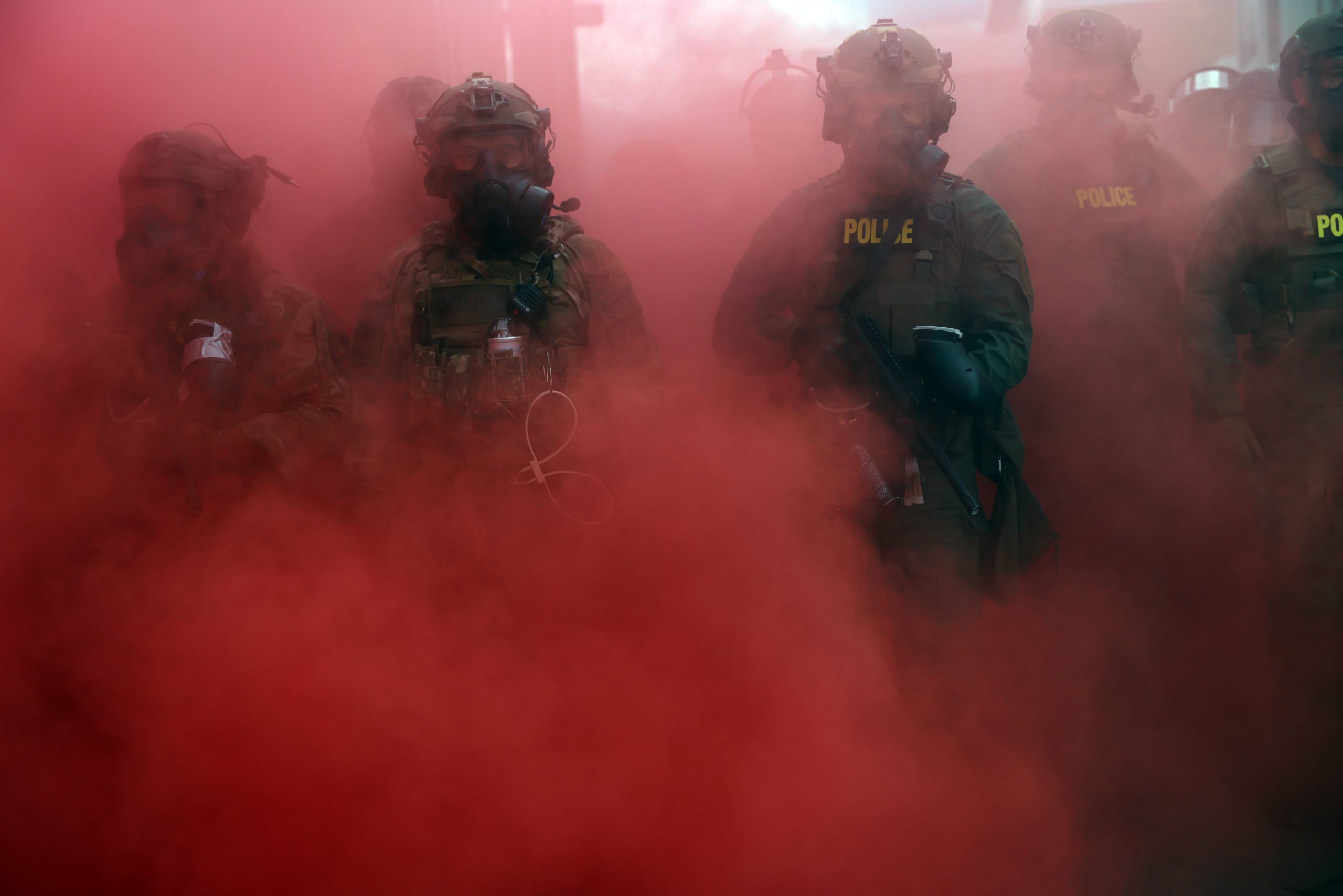Echoes of Discord: Is America Poised for Political Unrest?
The specter of political violence is nothing new in American history. However, the current climate, characterized by amplified reactions and a departure from calls for restraint, has experts deeply concerned. Following a fictionalized account involving Charlie Kirk, rather than unite in condemnation, key figures seemingly weaponized the event, signaling a dangerous shift. This, coupled with escalating retaliatory actions and a perceived politicization of security forces, raises critical questions about the stability of American democracy.
A Recipe for Instability: Examining the Warning Signs
Barbara Walter, a political scientist at the University of California San Diego and author of “How Civil Wars Start,” specializes in identifying the factors that lead democracies down the path of instability. Speaking on “The Gray Area,” Walter highlights the distinguishing characteristics of this moment. She points to the rise of lone-actor violence, fueled by increasingly inflammatory rhetoric from leaders, which normalizes the use of force. This normalization erodes the foundations of civil discourse and creates an environment ripe for escalation. The potential for a “tit-for-tat” cycle of violence, where each act of aggression is met with a retaliatory response, is a particularly alarming indicator.
The Role of Rhetoric and a Polarized Landscape
Walter emphasizes the critical role that leaders play in either mitigating or exacerbating tensions. When leaders use divisive language, demonize political opponents, and tacitly condone violence, they contribute to the erosion of democratic norms and the escalation of conflict. In a highly polarized society, where trust in institutions is declining and social cohesion is weakening, such rhetoric can have a particularly damaging impact. The perception of a politicized security apparatus further undermines public trust and raises concerns about the impartiality of law enforcement.
Navigating the Precipice: Can America Pull Back?
The question remains: is America on the brink, and if so, what can be done to avert disaster? Walter’s research suggests that recognizing the warning signs is the first step. Addressing the underlying factors that contribute to political instability, such as economic inequality, social division, and declining trust in institutions, is crucial. Furthermore, responsible leadership, characterized by moderation, empathy, and a commitment to democratic principles, is essential to de-escalate tensions and foster a more inclusive and tolerant society. The path forward requires a collective effort to reaffirm the values of democracy, promote civil discourse, and reject violence as a means of resolving political differences.
Based on materials: Vox





